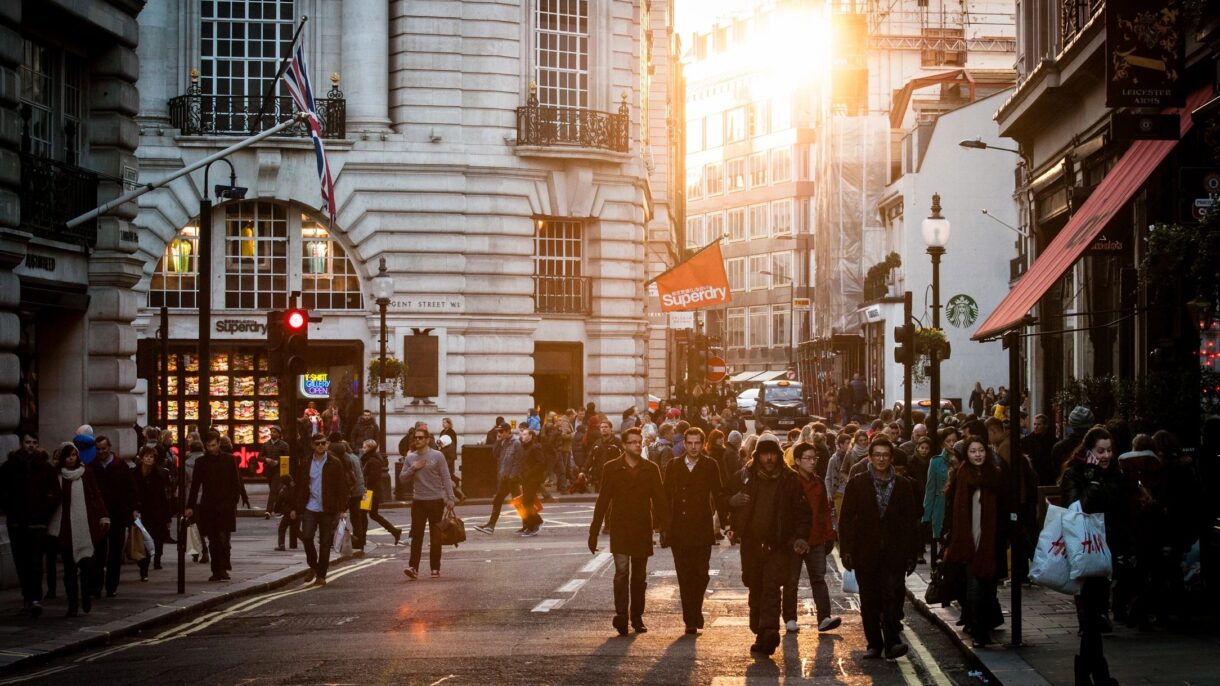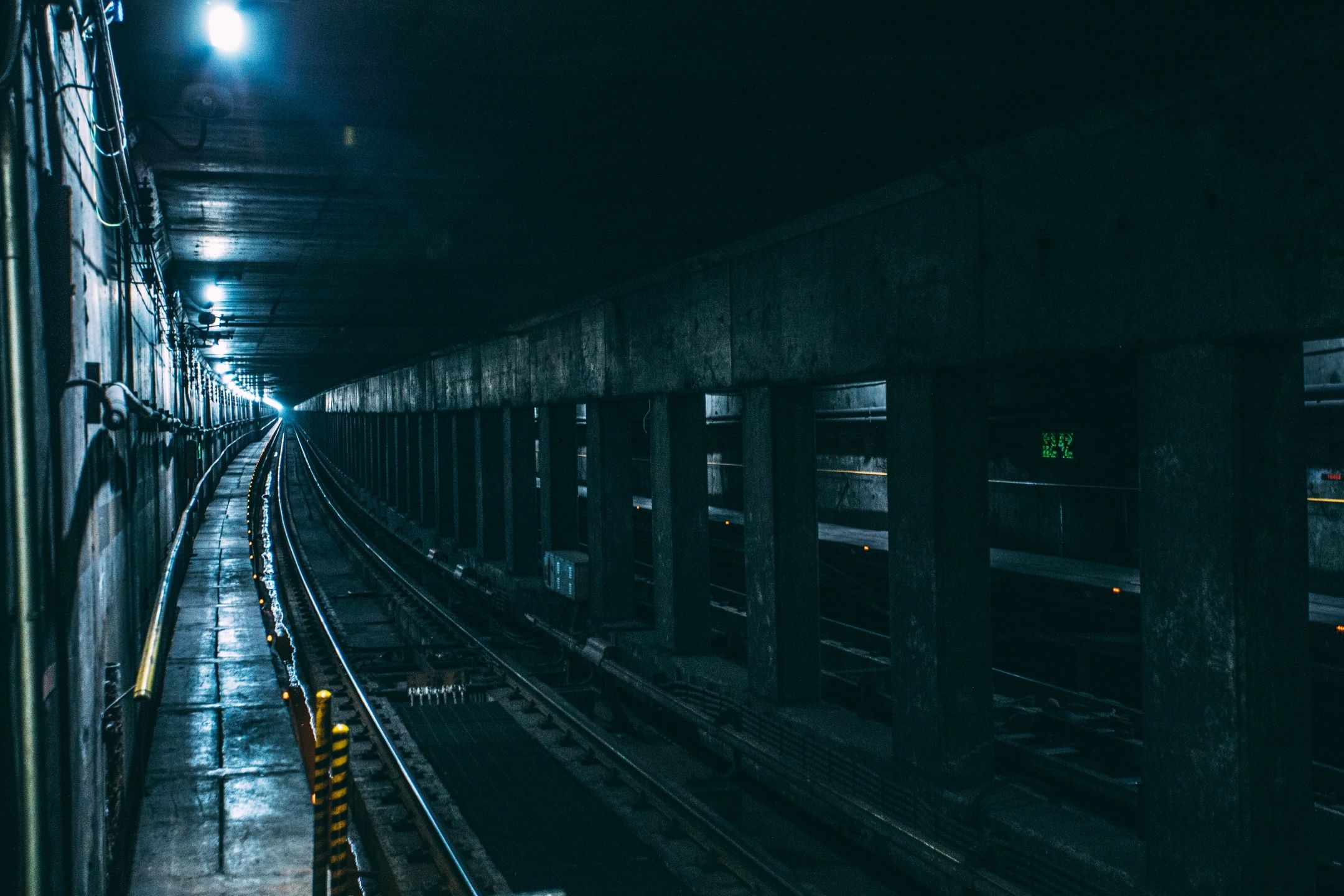
Istanbul (Cahit KÜLEBİ)
Original Version
Coordinator/ Human Translation
Machine Translation (Google Translate)
İSTANBUL
Kamyonlar kavun taşır ve ben
Boyuna onu düşünürdüm,
Kamyonlar kavun taşır ve ben
Boyuna onu düşünürdüm,
Niksar’da evimizdeyken
Küçük bir serçe kadar hürdüm.
Sonra âlem değişiverdi
Ayrı su, ayrı hava, ayrı toprak.
Sonra âlem değişiverdi
Ayrı su, ayrı hava, ayrı toprak.
Mevsimler ne çabuk geçiverdi
Unutmak, unutmak, unutmak.
Anladım bu şehir başkadır
Herkes beni aldattı gitti,
Anladım bu şehir başkadır
Herkes beni aldattı gitti,
Yine kamyonlar kavun taşır
Fakat içimde şarkı bitti.
ISTANBUL
Trucks carry melons, and I
Would think of it incessantly,
Trucks carry melons, and I
Would think of it incessantly,
While we were in our home in Niksar
I was as free as a little sparrow.
Then the world changed
Separate water, separate air, separate land.
Then the world changed
Separate water, separate air, separate land.
The seasons passed so quickly
To forget, to forget, to forget.
I understood this city is
different,
Everyone deceived and left me,
I understood this city is different,
Everyone deceived and left me,
Trucks still carry watermelons,
But the song in me has ended.
ISTANBUL
Trucks carry melons and I
I used to think about him,
Trucks carry melons and I
I used to think about him,
While we were at home in Niksar
I was free as a little sparrow.
Then the world changed
Separate water, separate air, separate land.
Then the world changed
Separate water, separate air, separate land.
How quickly the seasons pass
Forget, forget, forget.
I understand this city is different
Everyone cheated on me
I understand this city is different
Everyone cheated on me
Again trucks carry melons
But inside me the song is over.
Critical Reading and Analysis: Çıraklı “A Modest Proposal for Critical Reading”
Cahit Külebi (1917-1997) was a Turkish poet associated with the Garip movement, later evolving into a more personal and humanist style. His work often reflects rural life, nostalgia, and the changes brought about by modernization and urbanization in Turkey. The poem "İstanbul" reflects Külebi's personal experience with the rural-urban migration and the emotional impact of transitioning from the countryside to the city, a common experience in mid-20th century Turkey.
The setting oscillates between two worlds: the rural life of Niksar, symbolized by freedom and simplicity, and the urban life in Istanbul, which brings alienation and disillusionment. The imagery of "kamyonlar kavun taşır" (trucks carrying melons) symbolizes the mundane yet peaceful past, contrasting with the emotional emptiness the speaker feels in the bustling city. The poem creates a storyworld where the speaker nostalgically recalls their rural roots while grappling with the emotional toll of city life.
Cumhuriyet dönemi / Republican Era
• Equilibrium: Rural life in Niksar, with feelings of freedom and simplicity. • Disruption: The transition to the city (Istanbul) and the overwhelming change in the environment. • Recognition: Realization that the city is deceptive and life has shifted dramatically. • Attempt to repair the damage: Nostalgic longing for the past, but faced with the inability to return. • New equilibrium: Acceptance of emotional numbness and the end of the inner "song."
• Nostalgia for the Past: The speaker is deeply connected to the rural life they left behind, where they felt free and unburdened ("Küçük bir serçe kadar hürdüm"). The repetition of "kamyonlar kavun taşır" reflects a longing for the simplicity of the past, which contrasts with the speaker's present disillusionment. • Alienation and Disillusionment: The speaker feels betrayed by the city and its inhabitants ("Herkes beni aldattı gitti"), which represents the psychological alienation that comes with urban life. The contrast between the past and present creates a sense of loss and estrangement.
Freedom vs. Confinement / Rural vs. Urban / Hope vs. Despair





